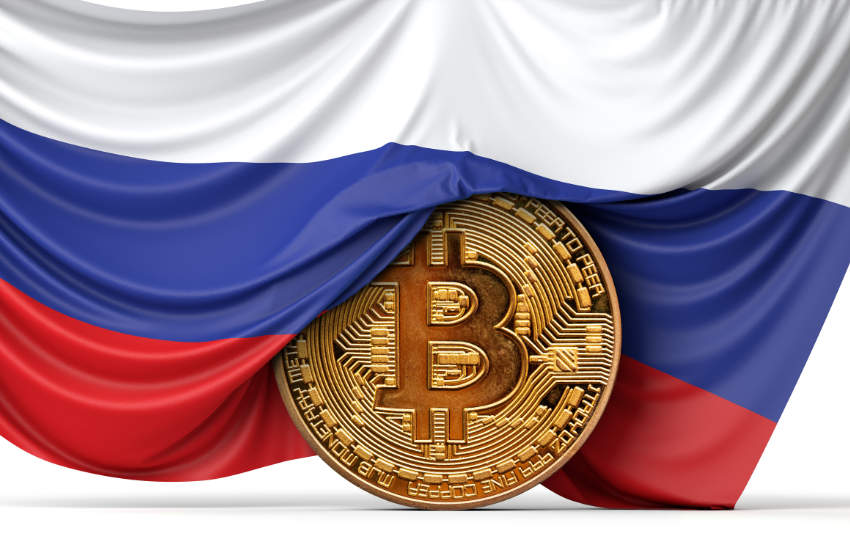The Dubai International Financial Centre (DIFC) Courts have announced the launch of a blockchain-powered notary service that leverages Hedera and Ethereum’s ERC20 framework to secure legal documentation.
The initiative, unveiled under a new Dubai law, represents a milestone for DIFC blockchain integration and underscores the emirate’s commitment to digital transformation in financial and legal systems.
Justice Omar Al Mheiri, Director of the DIFC Courts, described the initiative as a step toward building global confidence in Dubai’s digital infrastructure. “By embedding public blockchains into our legal framework, we are strengthening trust, transparency, and efficiency for businesses and investors,” — Al Mheiri said in an official statement.
This move positions DIFC blockchain integration as one of the most advanced government-backed real-world applications of distributed ledger technology, with implications for both local governance and international business practices.
How the blockchain notary service works
The newly launched notary service enables the certification of English-language documents and the witnessing of oaths through virtual, automated, or in-person processes. Each notarization event is logged and immutably timestamped on the Hedera public blockchain to ensure authenticity and prevent tampering.
In addition, notarized files are issued as verifiable credentials that comply with Ethereum’s ERC20 standard. This design enhances interoperability with existing blockchain ecosystems and future-proofs DIFC blockchain integration within wider digital identity frameworks.
According to a court spokesperson, “All notarization events will be permanently recorded on Hedera and aligned with Ethereum standards, ensuring that both businesses and individuals can verify authenticity with ease.”
A signal for the real-world asset sector
Industry observers note that DIFC blockchain integration goes beyond administrative efficiency — it sends a strong message to the global real-world asset (RWA) sector. By anchoring a core government service in decentralized infrastructure, Dubai is demonstrating how blockchain can support trust in high-value, legally binding documents.
Legal experts suggest this framework could accelerate adoption among multinational corporations and investors.
“Subsidizing crypto mining risks distorting energy markets, but integrating blockchain into judicial services enhances confidence in governance,” — Dr. Khalid Al Falasi, fintech policy analyst at UAE University, told reporters.
This is not DIFC’s first blockchain initiative. Earlier this year, regulators in the financial center approved Ripple’s RLUSD stablecoin for local use, reinforcing Dubai’s reputation as a global hub for blockchain innovation. Together, these steps point to a deliberate policy of embedding DIFC blockchain integration into multiple layers of financial and regulatory operations.
Boosting investor and business confidence
The broader strategy reflects Dubai’s ambition to become a leader in digital law and governance. By offering blockchain-secured notary services, the DIFC Courts aim to simplify cross-border business operations and build an environment where digital trust is institutionalized.
Justice Al Mheiri emphasized this point: “Our mission is not only to provide justice but to create the conditions in which businesses can thrive. DIFC blockchain integration is at the heart of that mission, providing clarity and reliability in an increasingly digital economy.”
For international companies operating under English common law within the DIFC, the new service could reduce administrative risks and streamline legal procedures. The initiative is also expected to strengthen Dubai’s position as a destination for fintech and legal-tech investment.
The global outlook for blockchain-backed governance
While blockchain adoption in financial services is not new, applying it to judicial and administrative functions marks a significant evolution. Experts predict that DIFC blockchain integration could serve as a model for other jurisdictions exploring how to digitize government services without compromising trust or security.
Dubai’s willingness to anchor legal credibility in decentralized systems underscores a growing trend where blockchain is moving from speculative markets into core state functions. As other nations watch closely, DIFC blockchain integration could become a reference point for balancing innovation with regulatory oversight.











